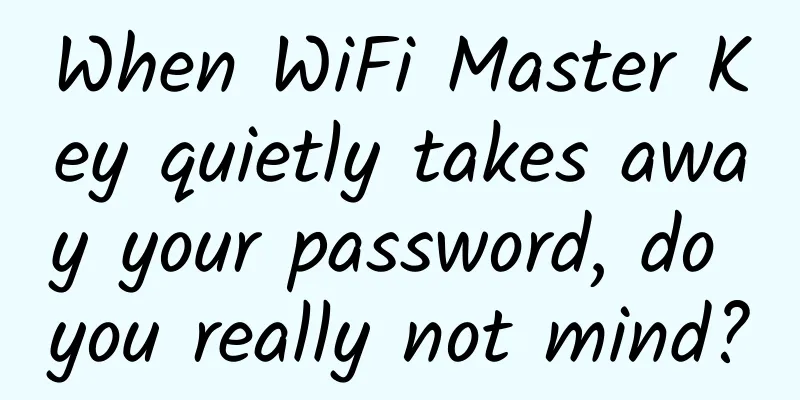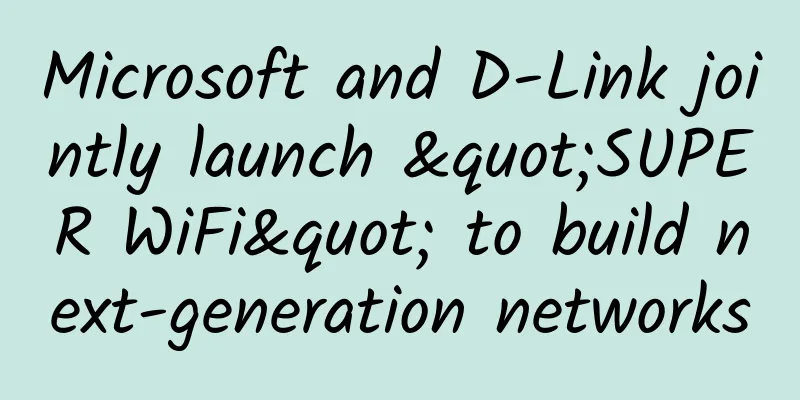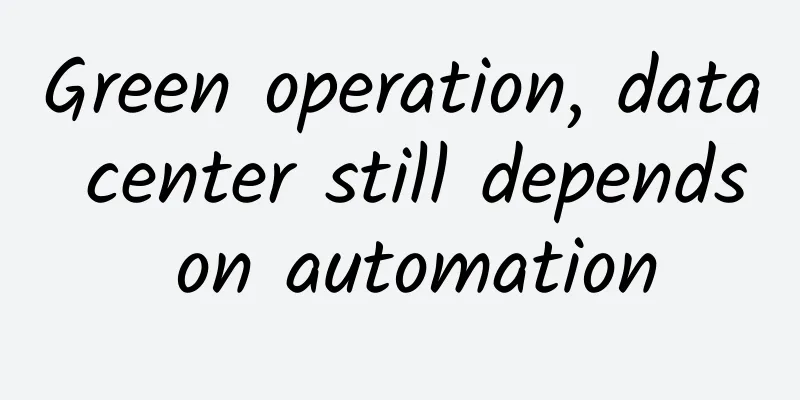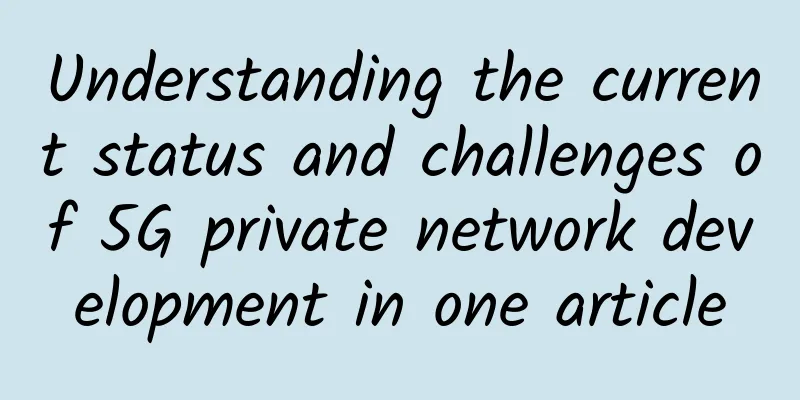When WiFi Master Key quietly takes away your password, do you really not mind?

|
Many Internet companies or products , in the name of innovation, wantonly trample on moral red lines; in the name of sharing, they walk the line between legal and illegal.
We all know that the biggest difference between the Internet era and the traditional era is that once data is made public, there is no room for recovery. In the real world, a product can be recalled if it has a problem, and if a privacy is seen by others, it will not cause much impact as long as it is controlled within a certain range. In the Internet era, once personal information is obtained by the Internet, it means that there is no privacy at all. So how is the right to privacy on the Internet defined? Baidu Encyclopedia gives the following definition: Internet privacy is an extension of the right to privacy on the Internet. It refers to a personal right of natural persons to enjoy the tranquility of their private life, private information, private space and private activities online, which are protected by law and shall not be illegally invaded, known, collected, copied, used or disclosed by others. It also refers to the prohibition of disclosing certain sensitive personal information online, including facts, images and defamatory opinions.
Let's analyze how your privacy is violated. WIFI***Key is a commonly used "freeloading" software. With the help of the software's own sharing function, the WIFI SSID (account) and password are uploaded to the cloud database. When the user searches for nearby SSIDs and passwords available in the cloud database, the user is prompted to unlock the WIFI password and choose whether to access the network. The private password is made public. Although only mobile phones with WIFI***Key software can access the Internet, it does not mean that it is not public. It should be noted that the number of users of WIFI***Key has exceeded 900 million, and the daily active users have exceeded 200 million, making it a highly active application software second only to WeChat and QQ. We all care whether our private network can be invaded by others? Under what circumstances can we connect to the wireless network to surf the Internet? In layman's terms: either the accessor knows the account and password, or the owner tells it to you. When the WIFI owner does not authorize, all access can only be done by "peeping" to obtain the WIFI password. As early as March 29 this year, CCTV's "Economic Half Hour" column made a professional in-depth report on the WiFi***Key APP, revealing the various security risks it brings to users.
Some people may say that the password of the WIFI key is shared by the owner. This is totally wrong! How do you know that the way I got the password is legal? If I am using someone else's network, but the software intercepts the password and shares it with more people, whose behavior should be condemned? Isn't it wrong to give someone else's things away? If it is defined as sharing, then you should also share your own things. In the real world, if a friend lends you a car, and you "share" the car with everyone, will your friend not be angry with you when he knows about this? It just happens when using WIFI, and this matter is not easy for the owner to notice. Generally, for the convenience of memorization, WIFI owners usually set their WIFI passwords as a combination of name and birthday, which are often used as online banking and other platform account passwords. Such associations make the loss of WIFI passwords a huge security risk for individuals. Imagine, would you be willing to tell your guests or strangers the password of your home door lock? I think most people would not be willing to do so. Isn’t it the same for WIFI passwords?
I have already talked about the sharing economy and the sharing economy in previous articles. They both have strict definitions. Not everything can be shared. We are all the masters of the times. "Everyone for me and I for everyone" is the choice of our times, but we must never share or share other people's privacy in the name of sharing. This in itself is an act of infringing on other people's privacy rights. At the very least, it violates morality and public conscience. At the worst, it violates laws and regulations and will be subject to criminal liability. So how can we do it legally, in compliance with regulations and in line with ethics? First of all, we need to confirm whether the sharer is the owner of the WIFI . The guest's sharing behavior itself is a theft, which should not and cannot be encouraged by Internet products, otherwise the disseminator will become an accomplice. Secondly, it should be based on voluntary basis , that is, the owner voluntarily shares the WIIF resources for everyone to use, so the WIFI owner needs to take the initiative to share. For example, some public places such as restaurants make WIFI accounts and passwords public to facilitate everyone to order food and use. Thirdly, the sharer confirms that the sharing behavior will not bring new problems , and the platform also needs to assist the sharer in assessing the possible risks. If the sharing of WIFI brings data or other losses in the network, the sharer and the APP disseminator should bear legal responsibility. ***, the disseminator who shares the WIFI password has the obligation to inform all sharers of the sharing behavior , and must obtain confirmation from the sharer before sharing, and cannot do it secretly. Taking someone else's things and telling others is called "borrowing", and not telling others is "stealing".
The Internet era is an era of sharing and sharing. Each of us, as sharers, users and beneficiaries, must be vigilant and protect our privacy rights from being violated. As sharers and communicators on various platforms, we should take the main responsibility for communication supervision and be a legal enterprise with conscience, morality and bottom line. The times require us to be vigilant and not let risky software quietly take away your password and quietly invade your privacy! |
<<: 5G is here: Will 4G soon be relegated to the sidelines?
>>: 9 Ping Monitoring Tools Worth Paying Attention to for Network Administrators
Recommend
5G commercialization is advancing rapidly, accelerating scale development and empowering thousands of industries
Mobile substation is a kind of factory-prefabrica...
Have you used "Online Documents"? It allows multiple people to work together and synchronize content in real time. It's so efficient!
Have you ever encountered a situation at work whe...
At Huawei's annual report conference, Xu Zhijun said that "the US government is destroying the global technology ecosystem"
On March 31, Huawei released its 2019 annual repo...
I secretly monitored their communication traffic...
I am a monitoring software. My master spent sever...
Fundamentals of Data Center Operations Planning
Enterprises need to develop an effective and adap...
What exactly is the performance problem with TCP?
Overview The performance issue of TCP is essentia...
Halfway through 2021, China Broadcasting and Television 5G begins to accelerate
2021 is already halfway through, and China Radio ...
How to create a new financing model for product-based IT
As technology departments move away from traditio...
iWebFusion: VPS hosting with 25% off starting at $7/month, 4GB/20GB/1.5TB/5 data centers including Los Angeles & North Carolina
iWebFusion's 25% discount coupon for VPS host...
spinservers: $79/month - 2*E5-2630Lv2, 64G memory, 1.6TB SSD hard disk, 10Gbps bandwidth
spinservers has added a large number of dual E5+S...
From wireless development to carrying all things connected, Ruijie is ambitious and capable
[Original article from 51CTO.com] "The Inter...
The three major telecom operators are accelerating the construction of 5G networks and data centers
Seizing the opportunity of the country's &quo...
Android Network Programming-TCP/IP Protocol
In the article Android Network Programming - Comp...
V.PS: €4.17/month KVM-1GB/20GB/1TB/Hong Kong Data Center
V.PS is a site under xTOM, providing VPS hosts ba...
From January to May, my country's telecommunications business revenue totaled 612.7 billion yuan, a year-on-year increase of 6.7%.
[[407105]] On June 23, according to the "Eco...









